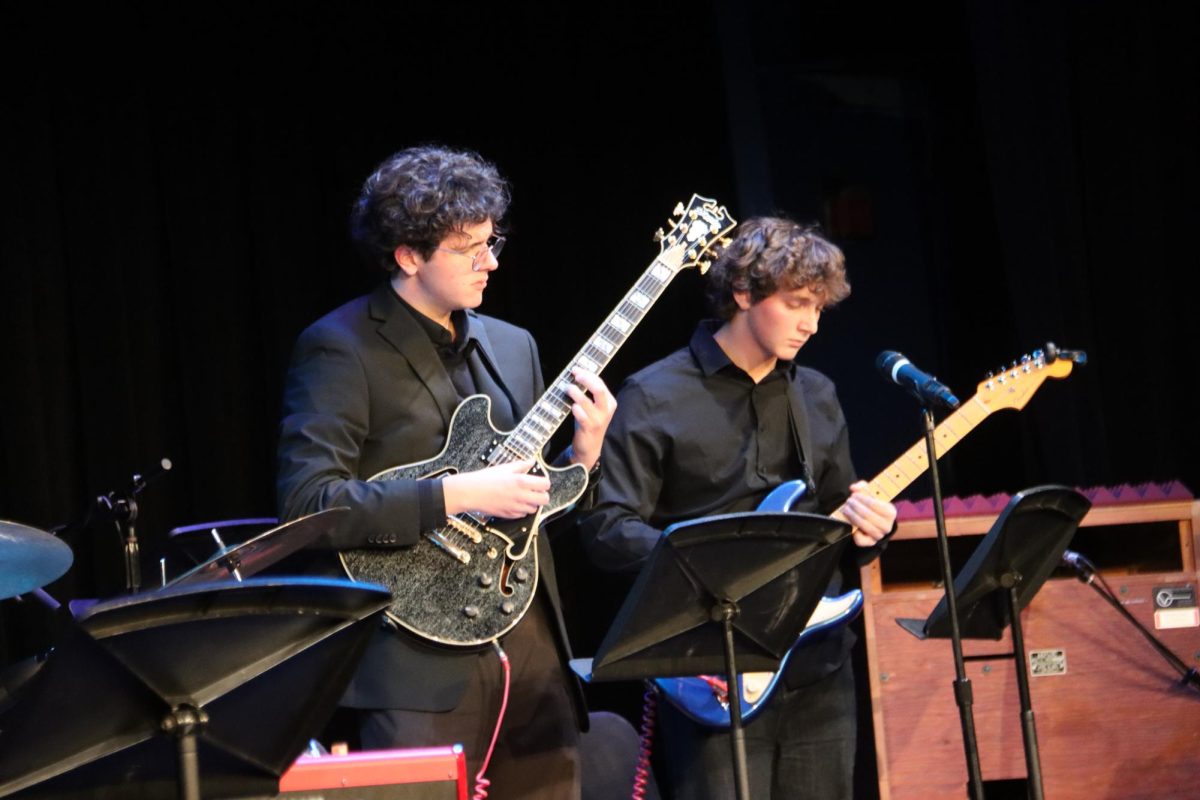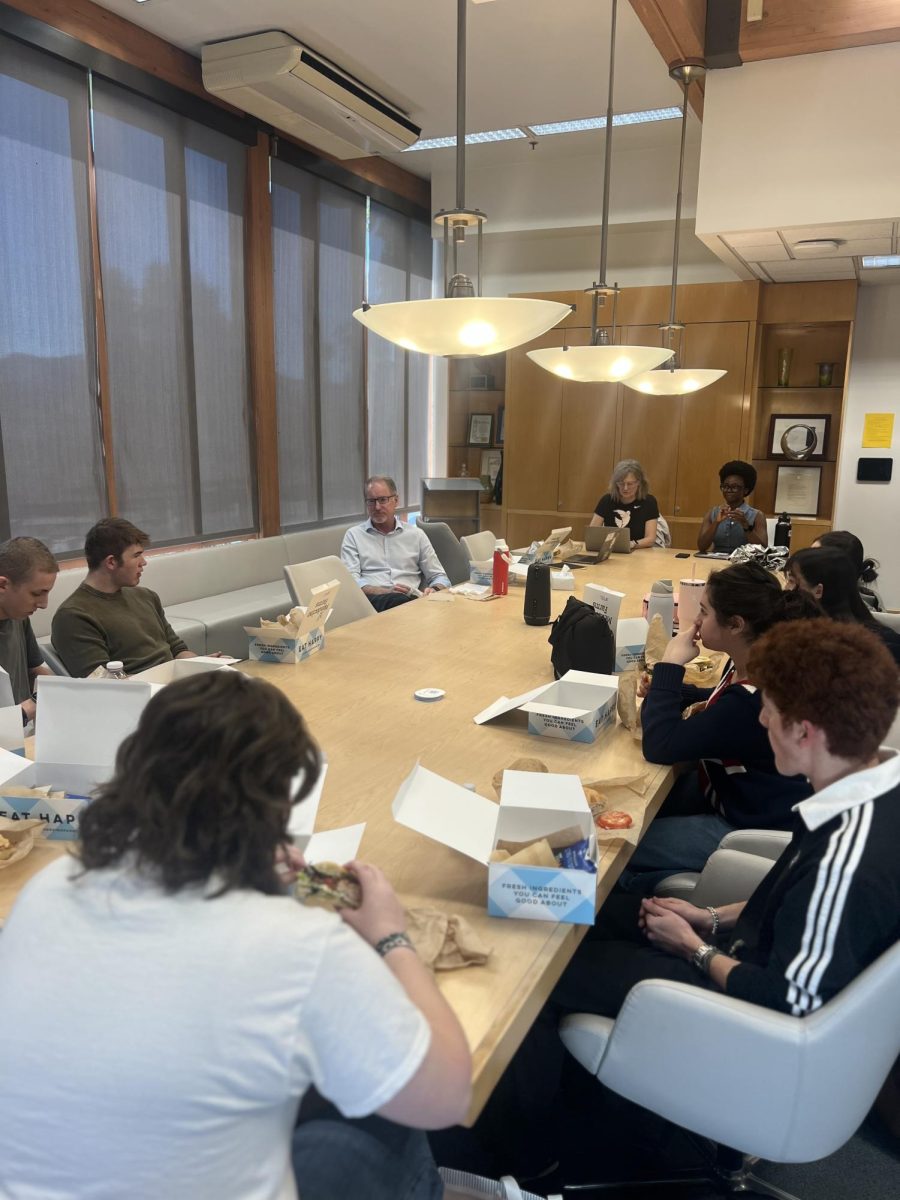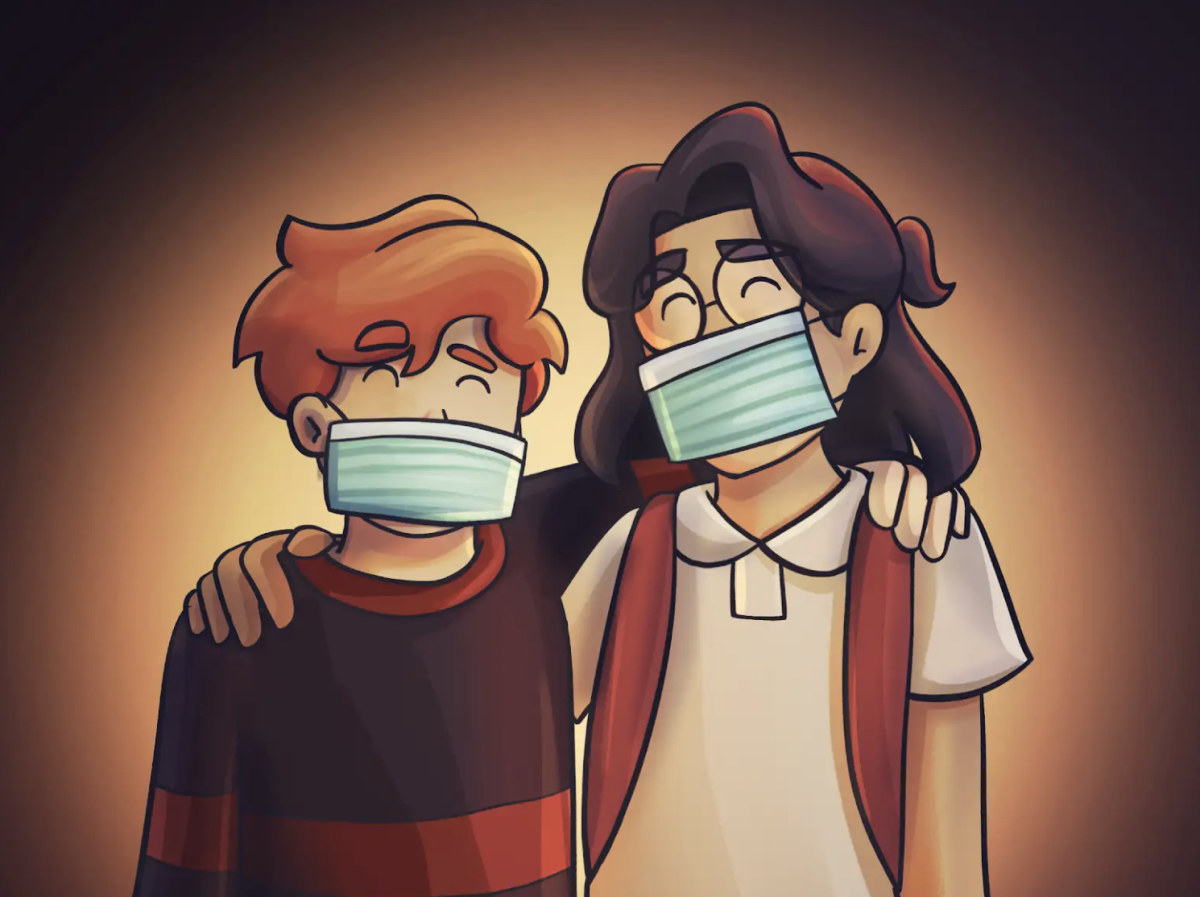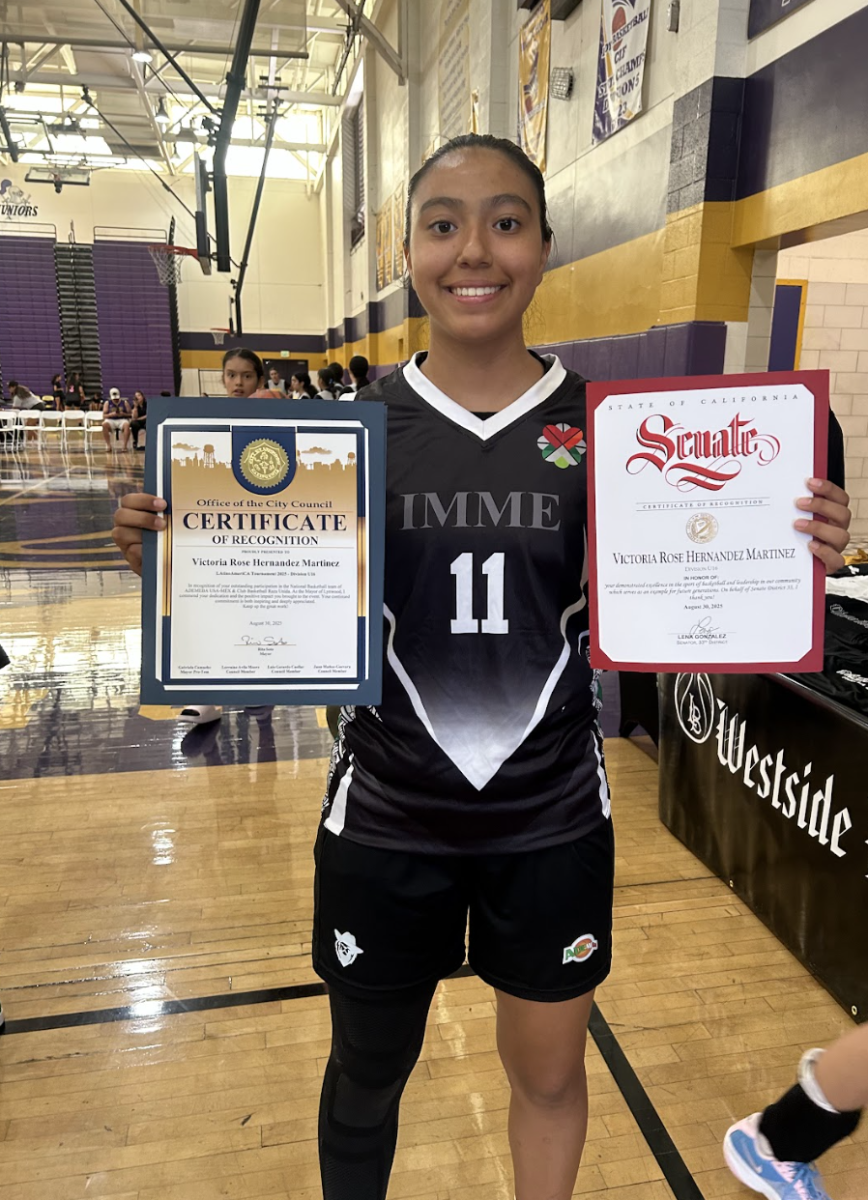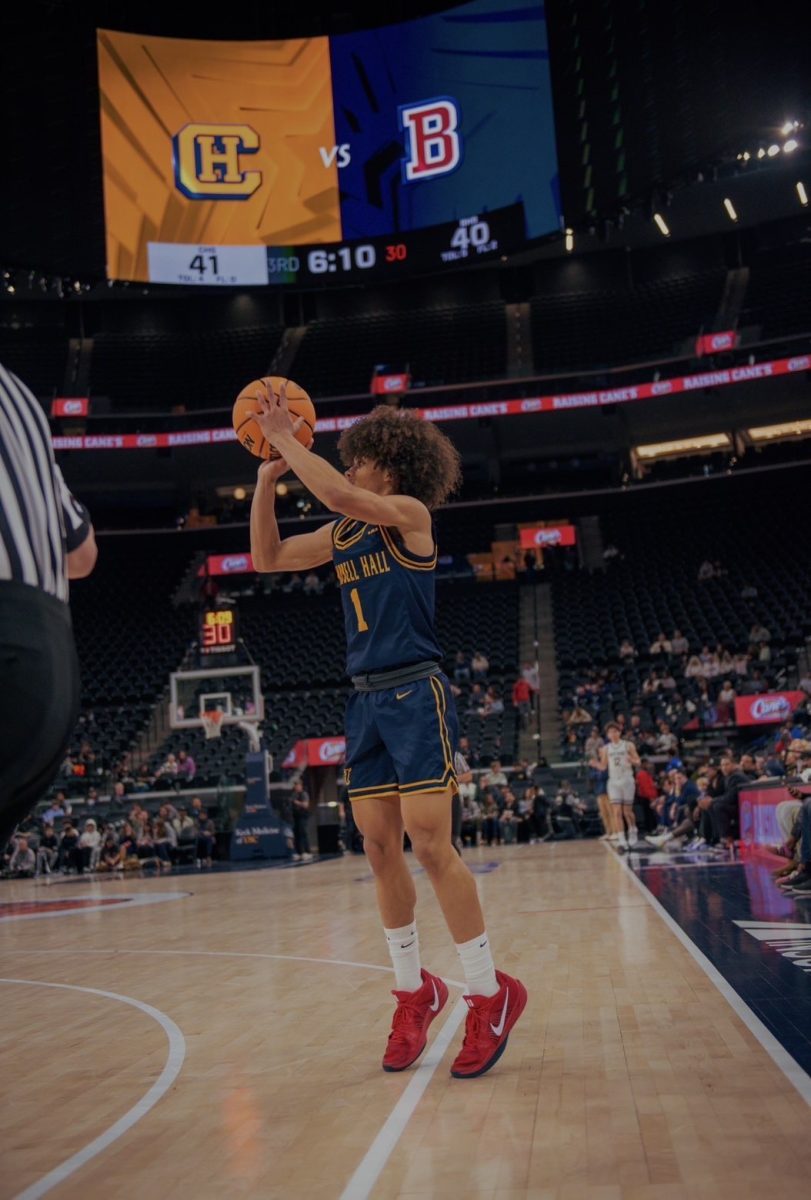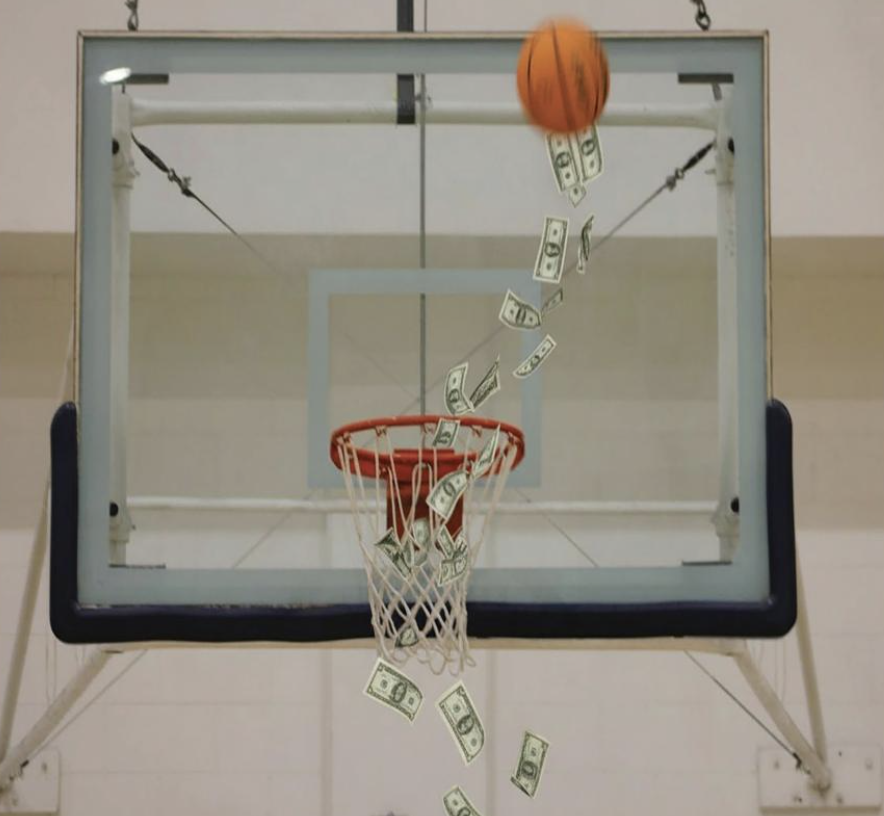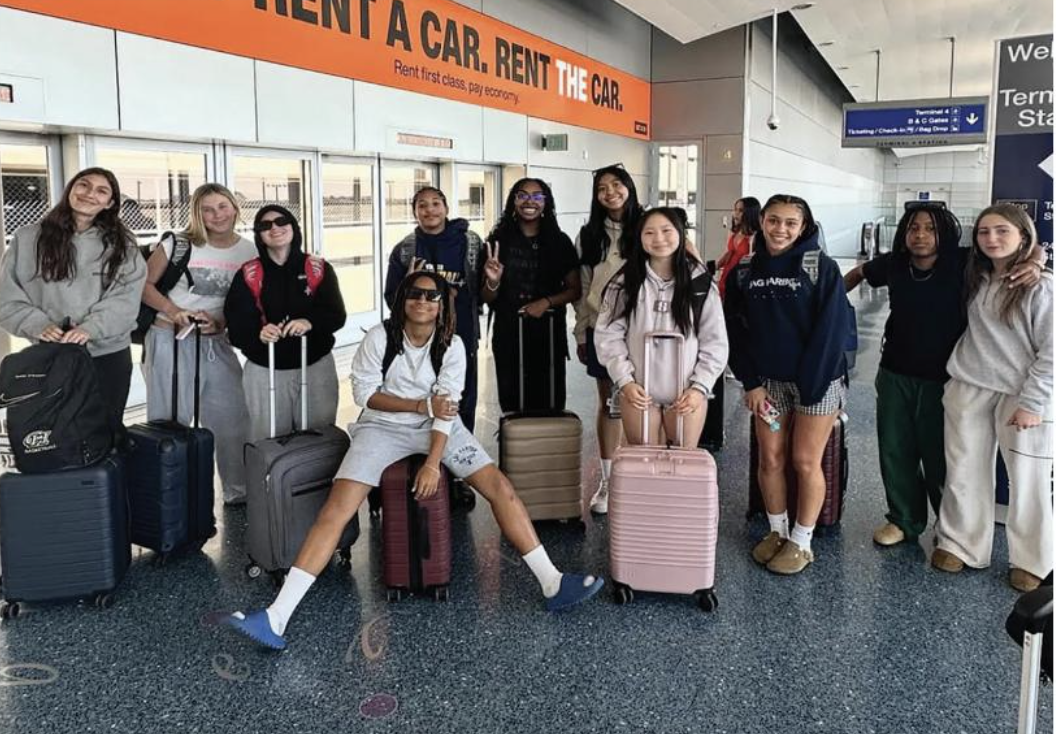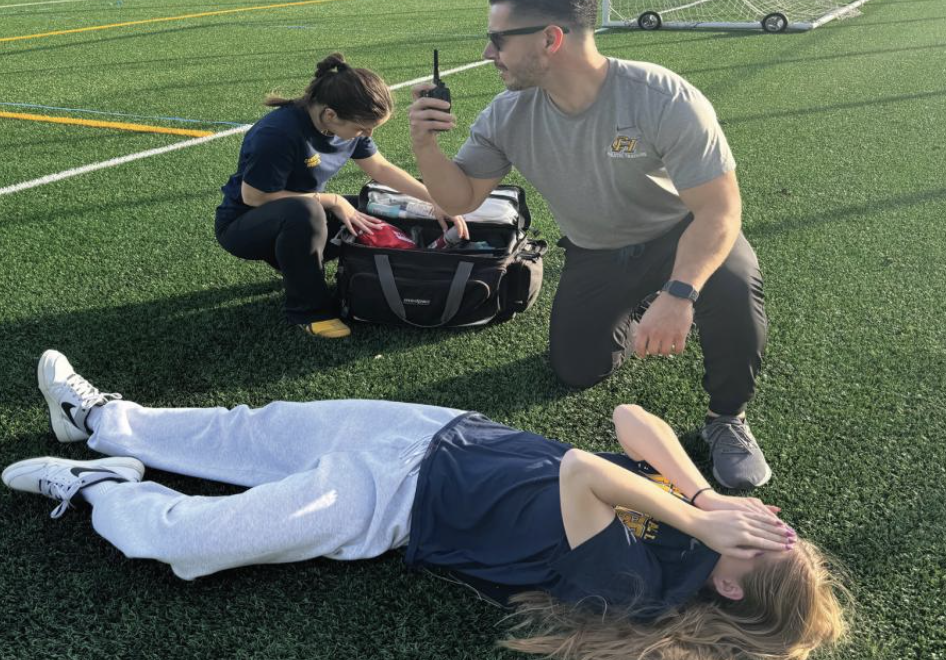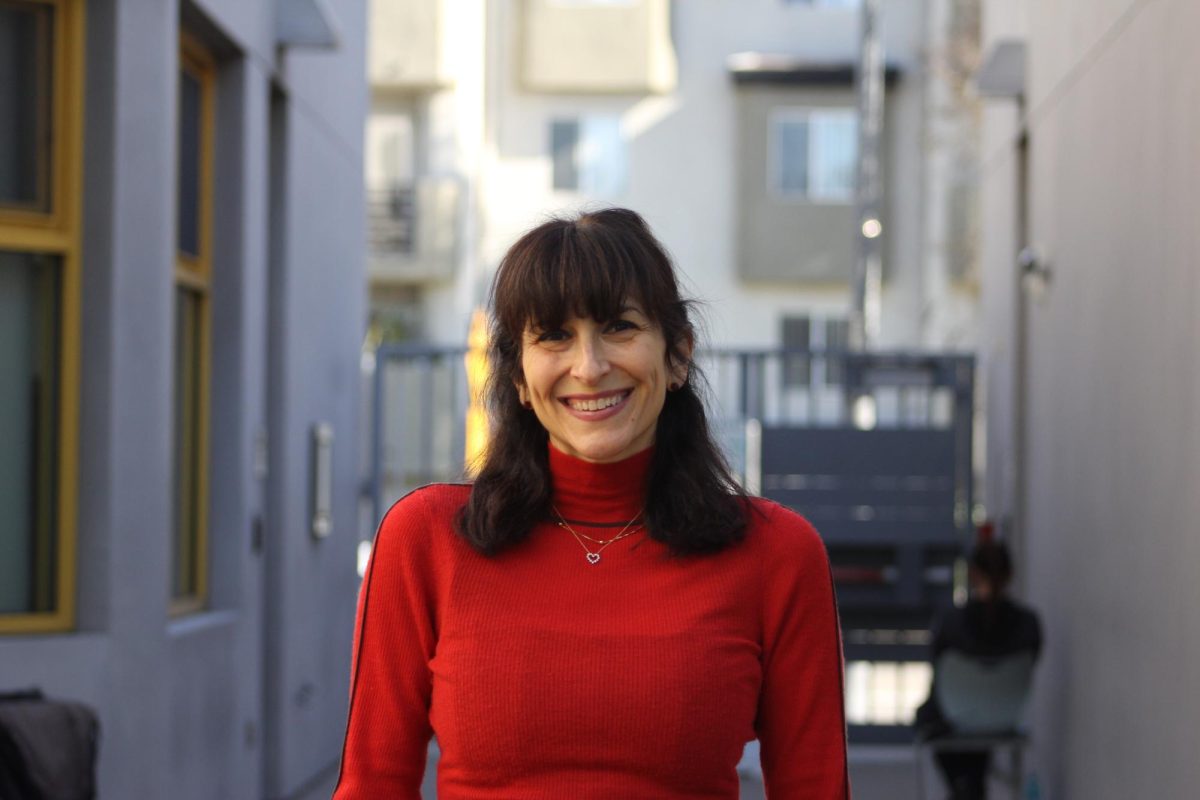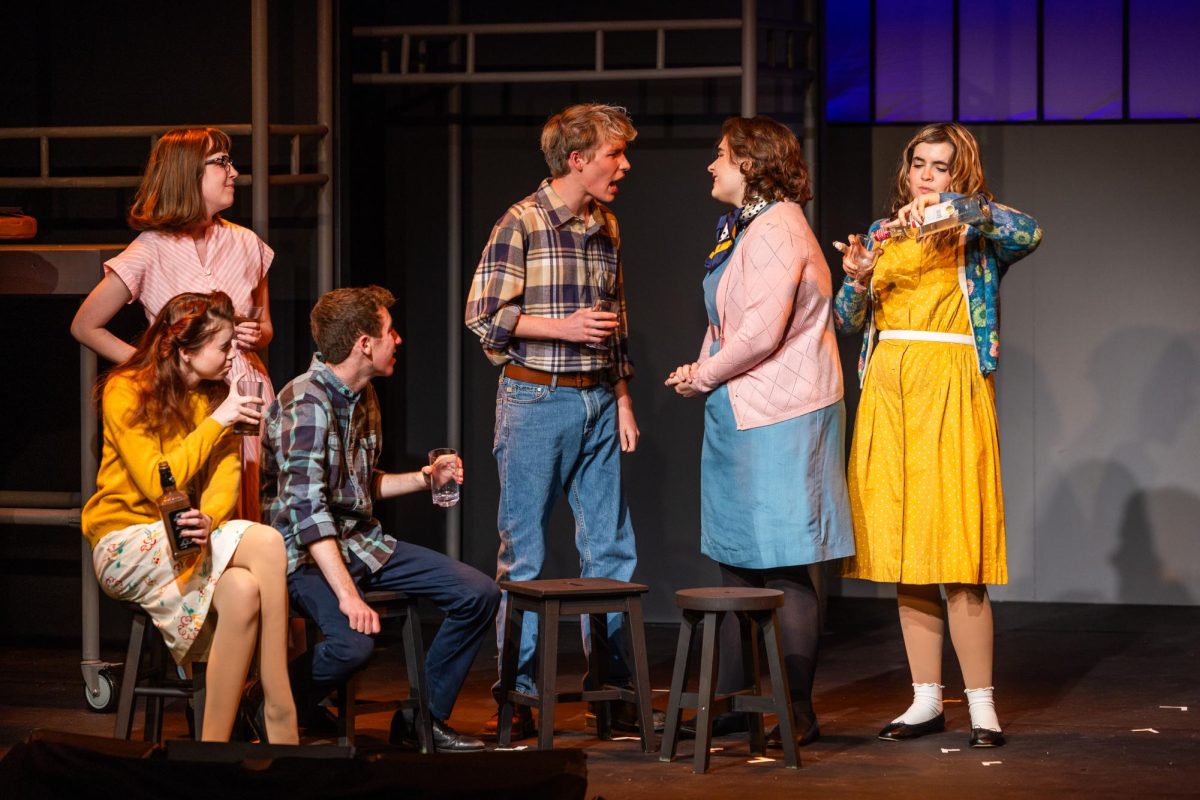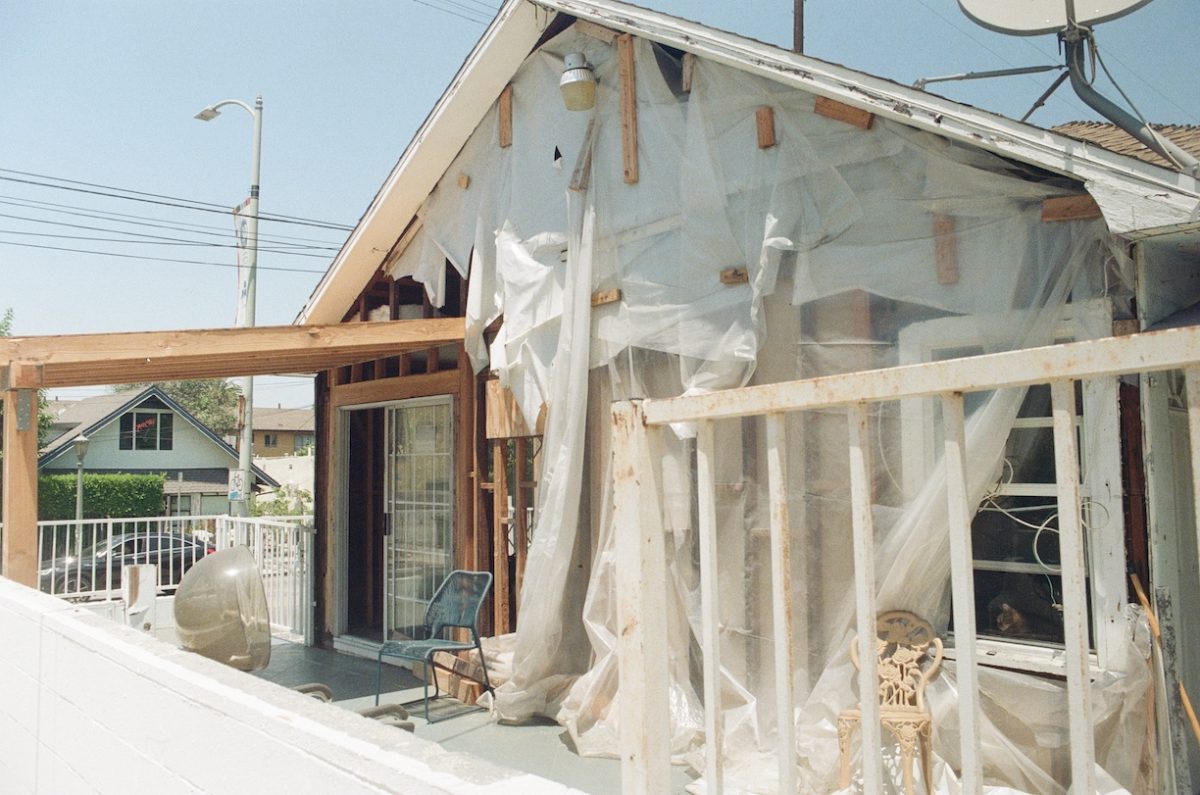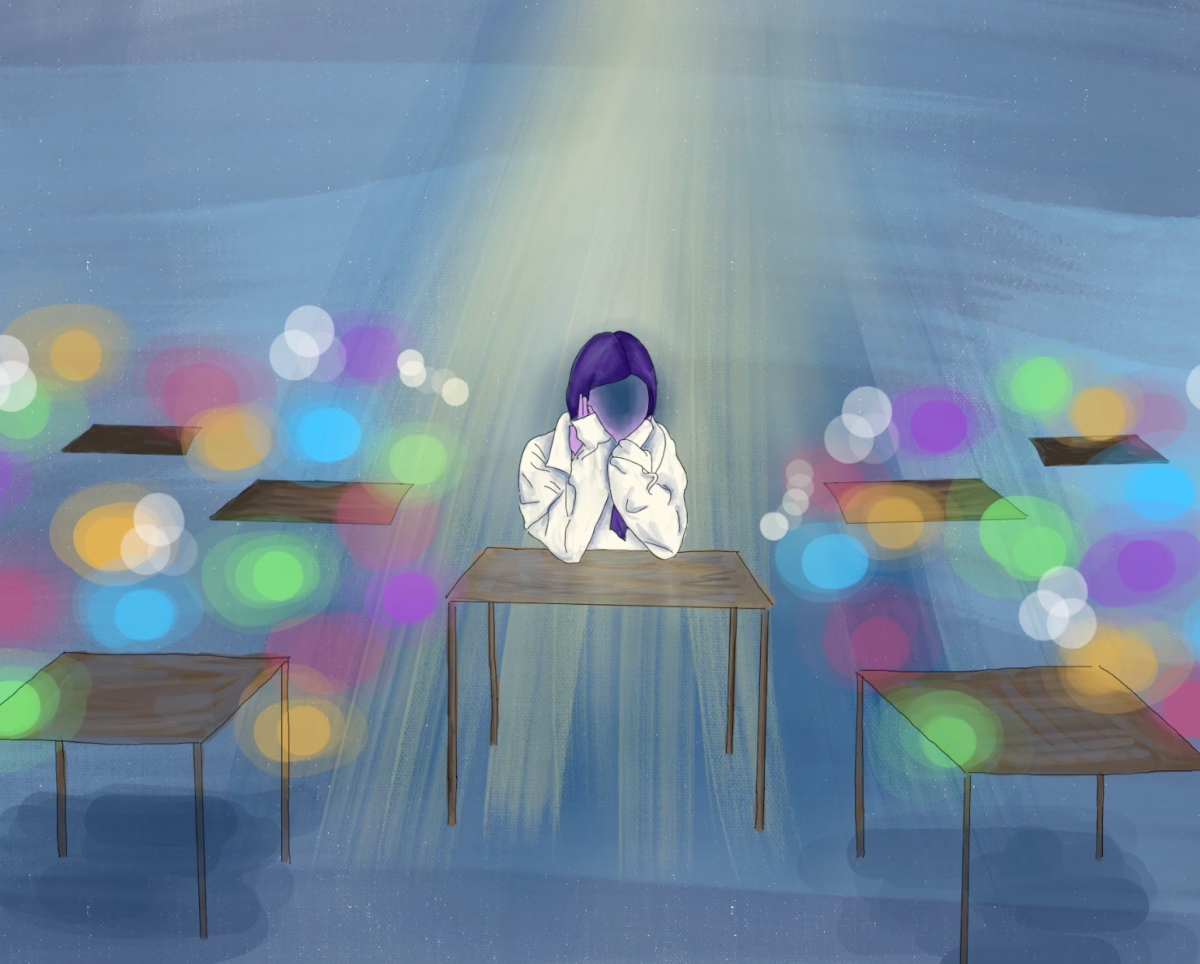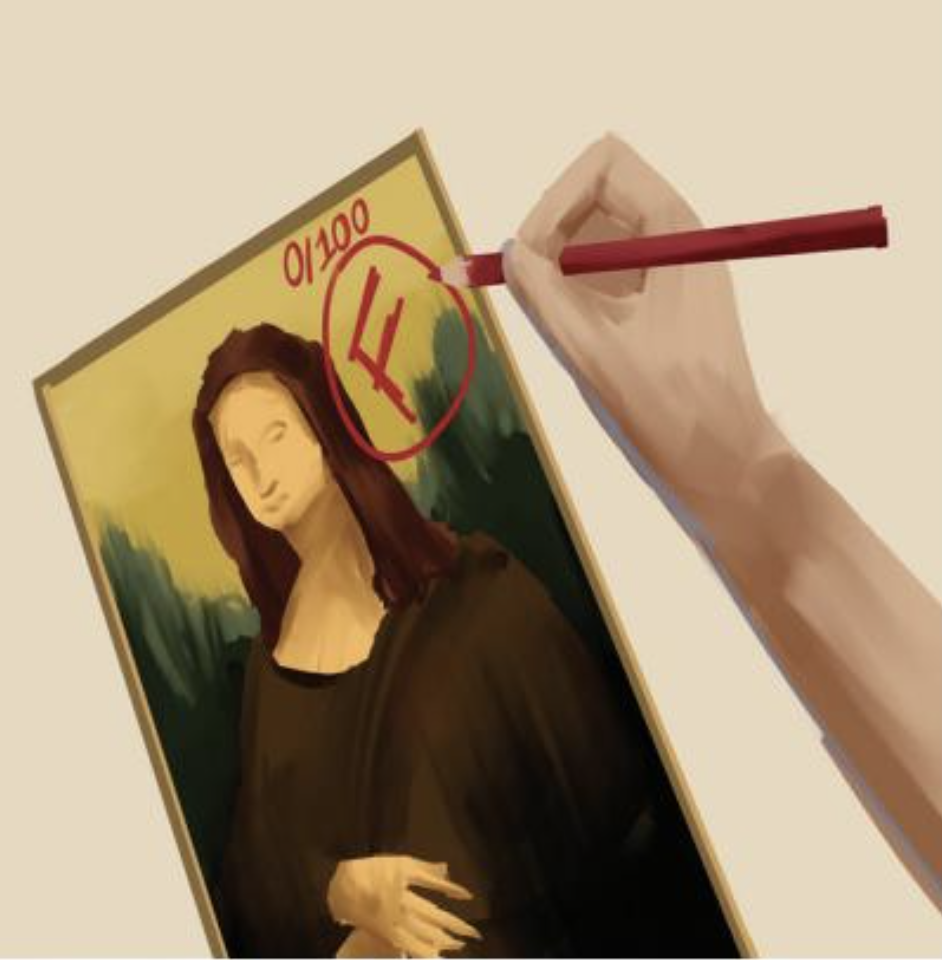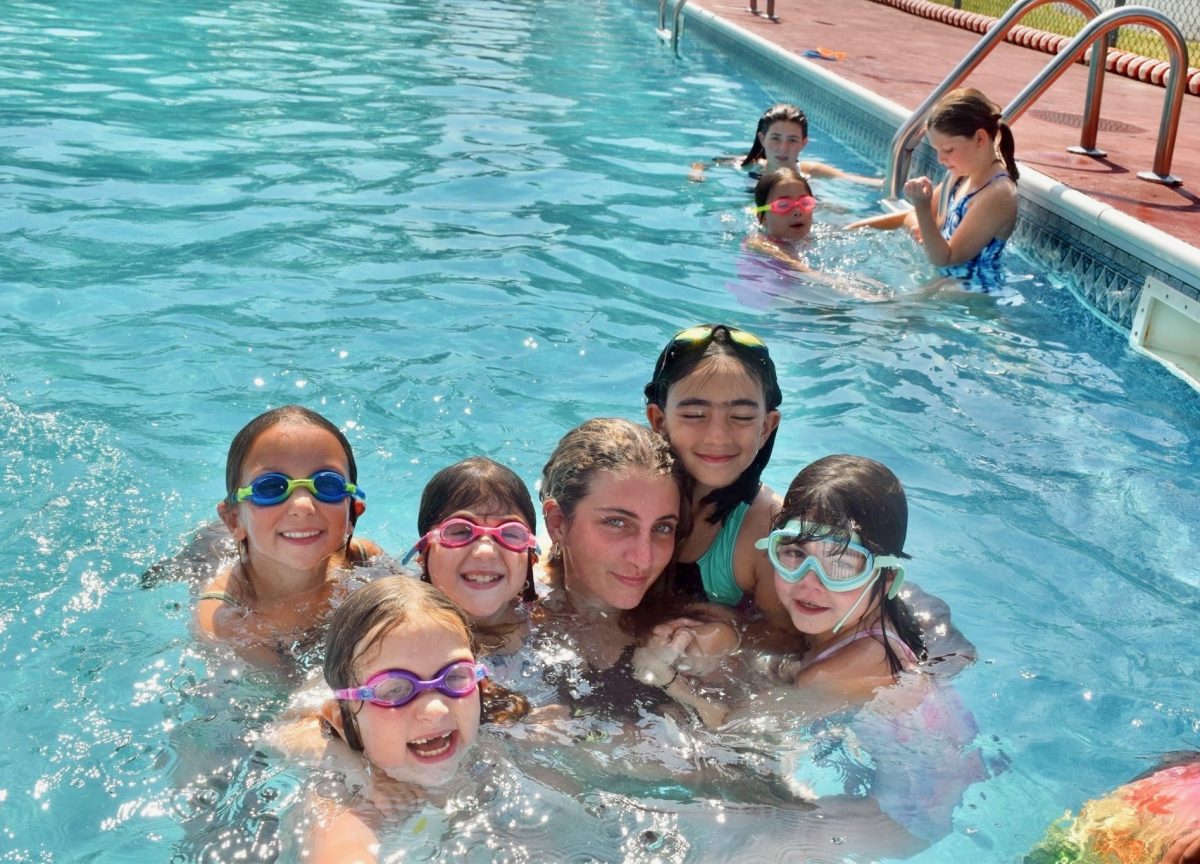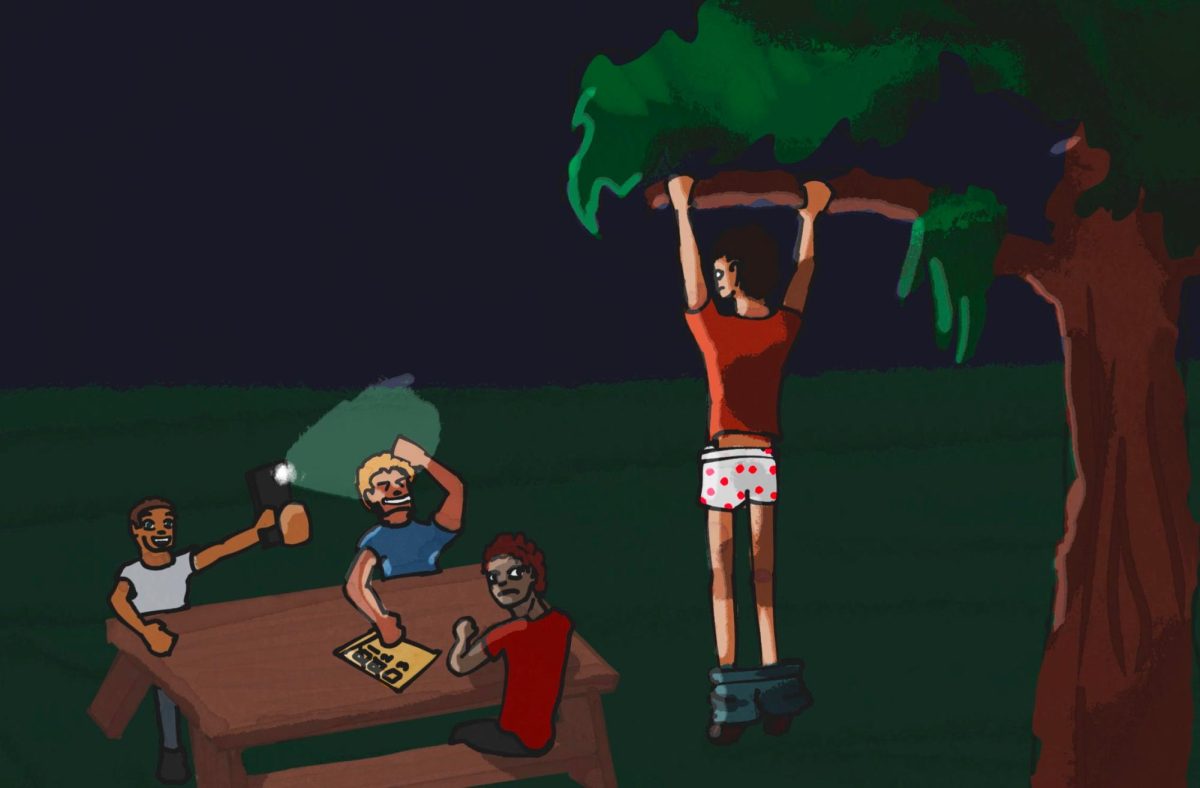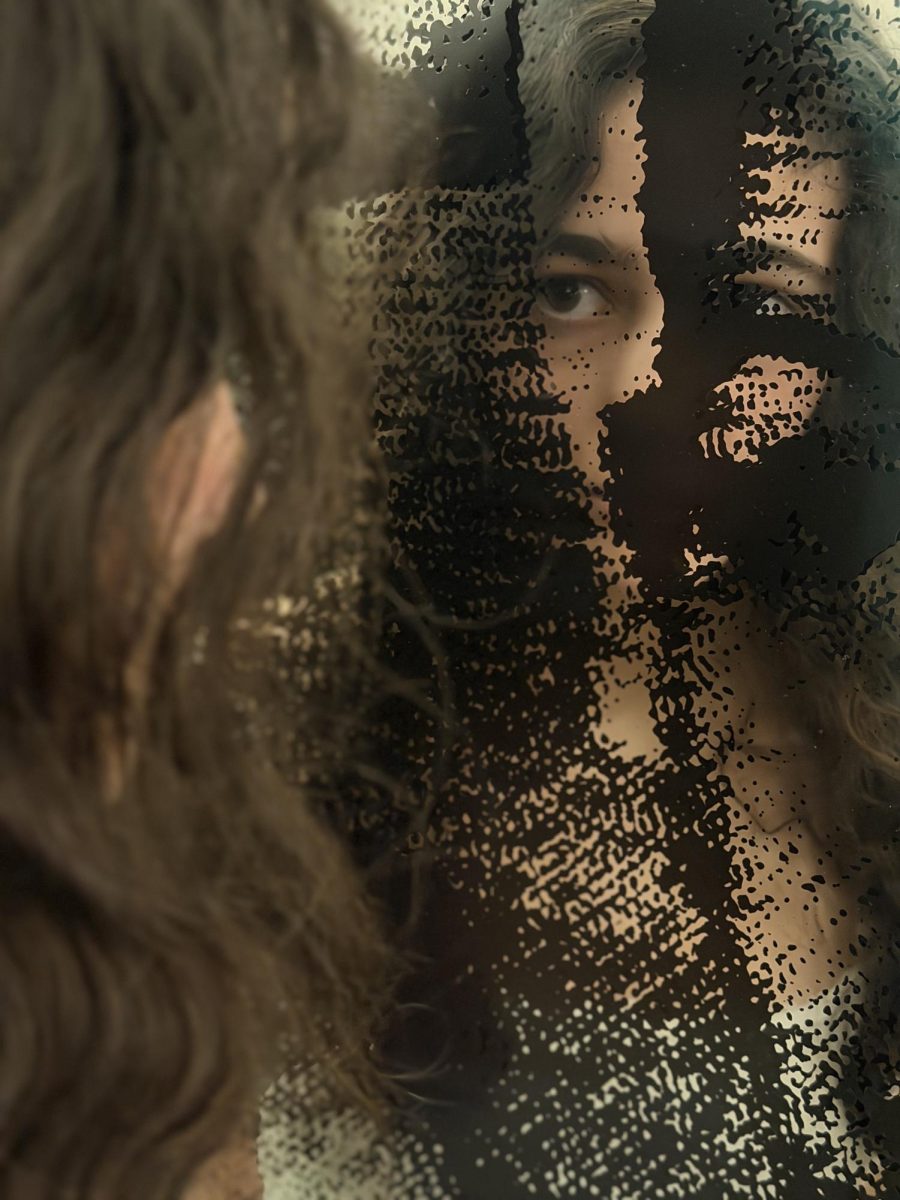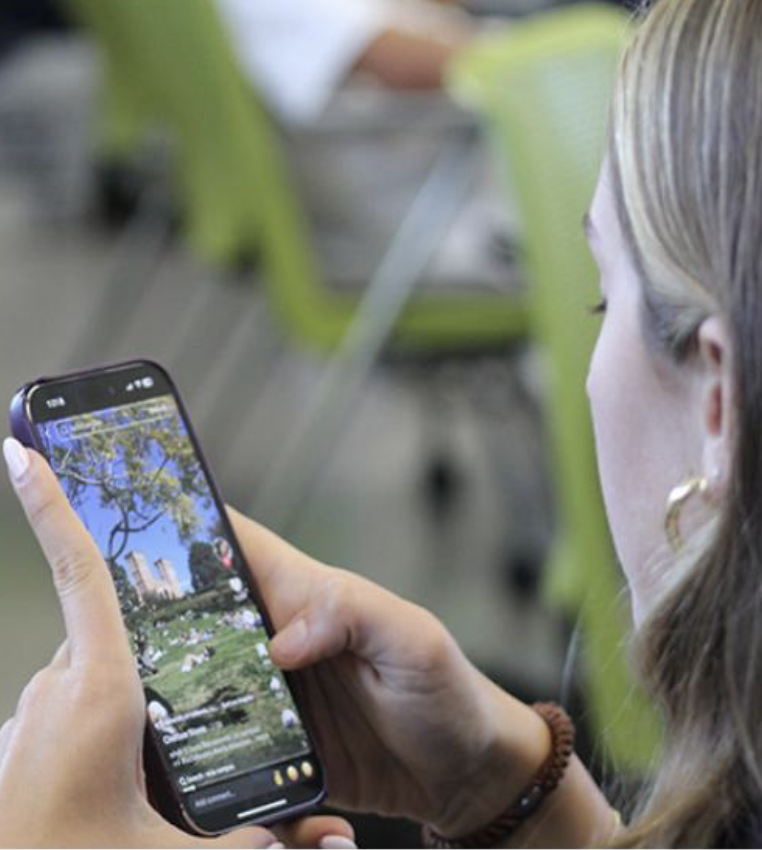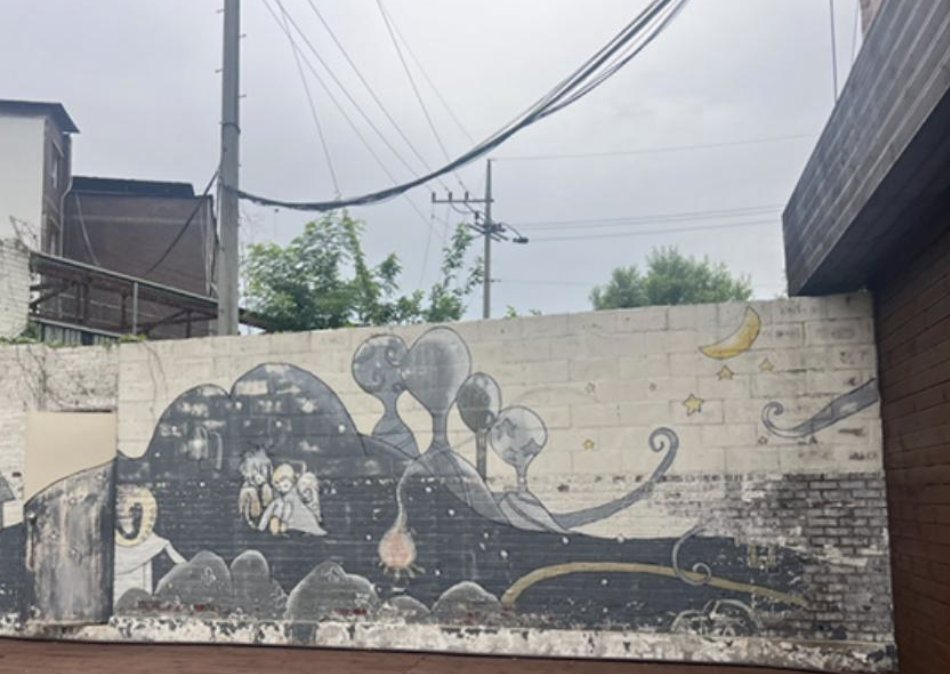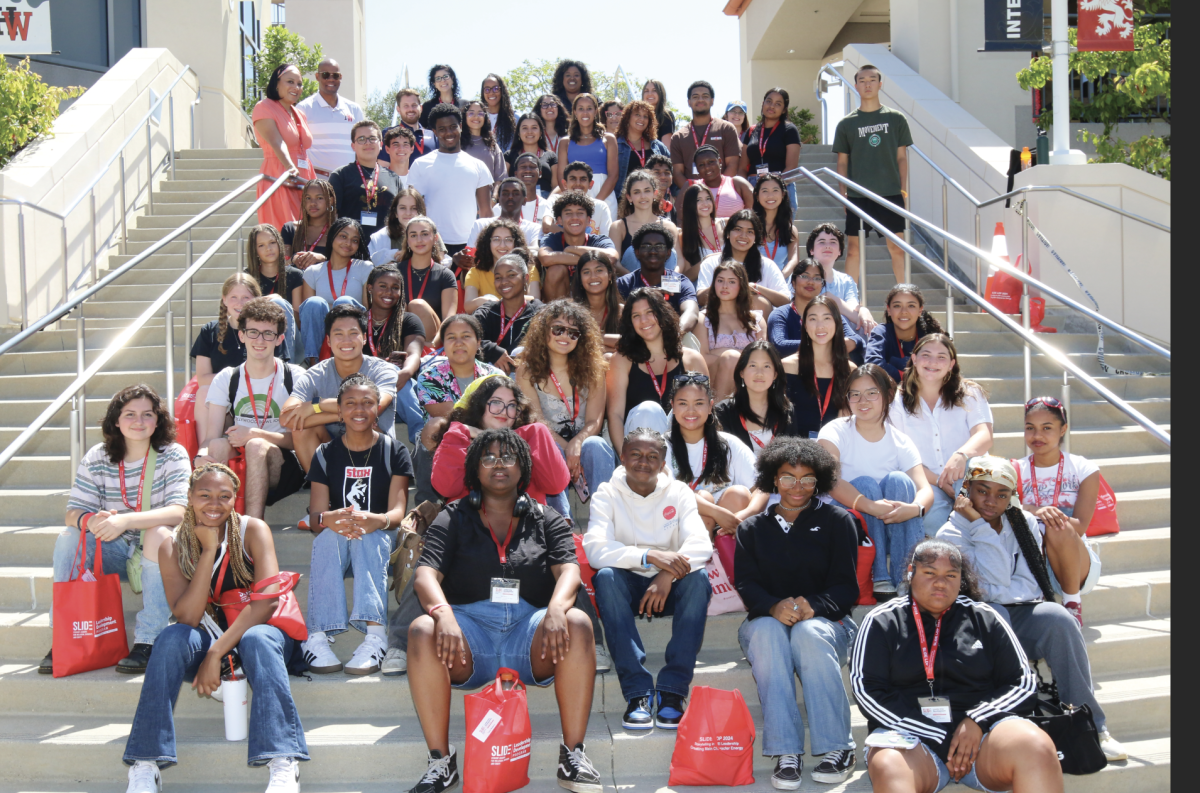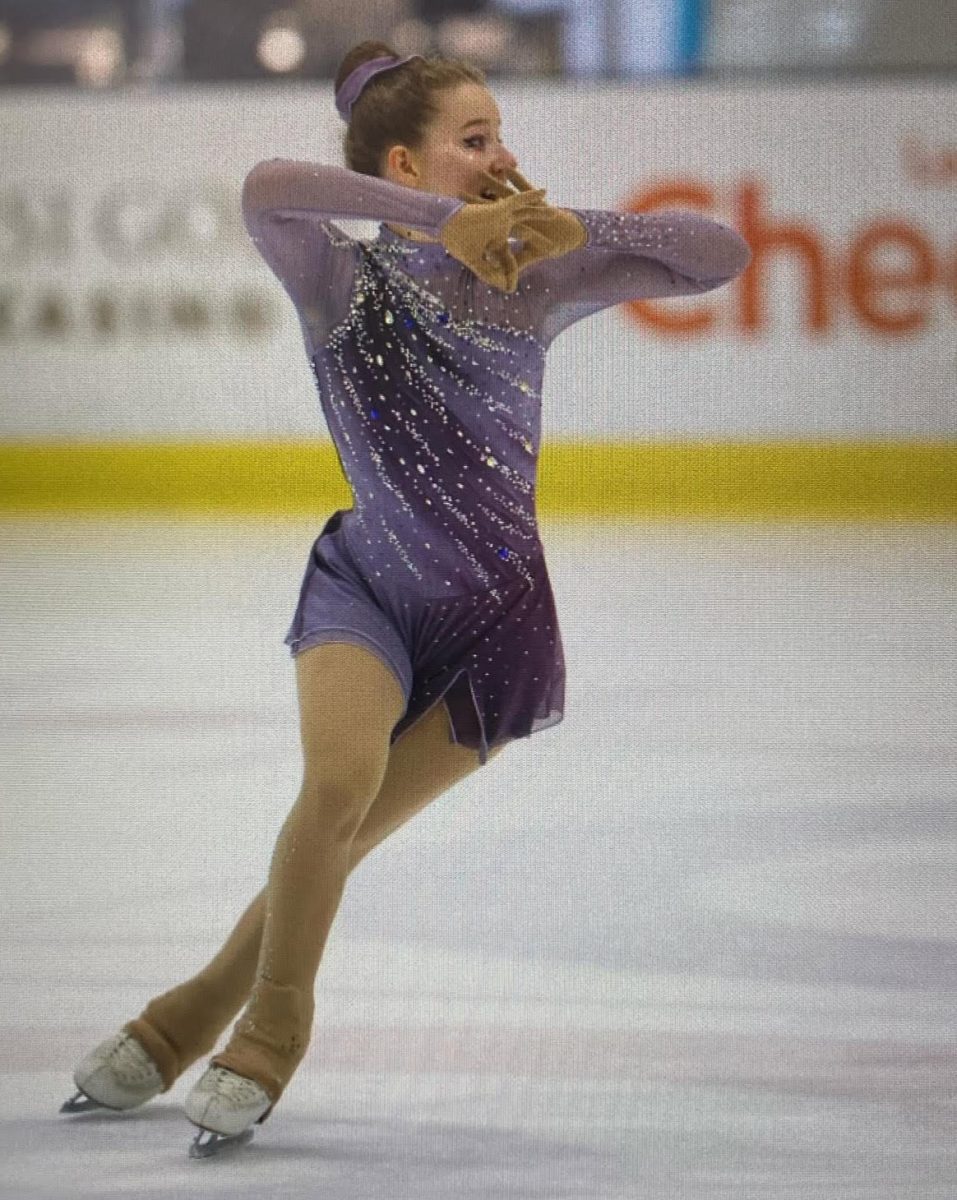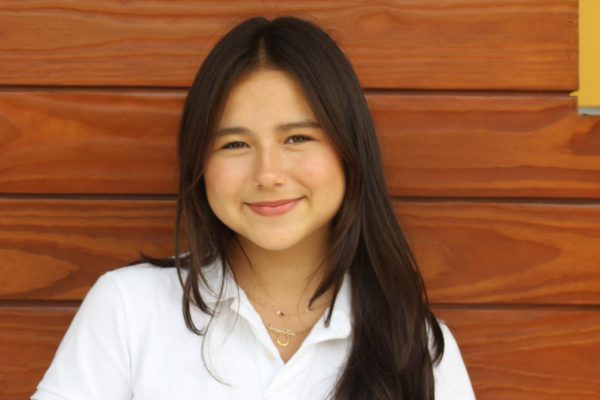Diversity, equity, inclusion, and justice. The four words that make up the acronym DEIJ. After DEIJ initiatives have received pushback from society, because of the uncertainty of DEIJ efforts in schools, Campbell Hall students wonder what role it plays in the community.
DEIJ coordinator Leticia Sanchez-McPherson organized the DEIJ summer conference to encourage student leadership roles at Campbell Hall. Hosted by Harvard-Westlake, various Campbell Hall students were invited to attend for an opportunity to engage and interact with each other, while also bonding over a shared passion of improving diversity in their communities. The major takeaways McPherson hoped for was for students to learn how to withstand racial injustices, especially in the recent pushback in universities and schools.
“We are constantly trying to discuss DEIJ and stay on top of it because we know that there’s always going to be this pushback,” McPherson said. “When it comes to this world, we’re no strangers to people trying to pretend that [racism] and [exclusion] isn’t there. People like to pretend it’s not happening. The reality is, we’re experiencing it every day in our own way, and to not talk about it doesn’t mean it just goes away.”
Julian Bull, Head of School, recognizes that DEIJ programs were set in place at the school to address social divides found within the Campbell Hall community. He believes that as Campbell Hall grows and diversifies, the less need there will be for these initiatives. Bull hopes that he can always be there for those who feel like outsiders, and he works to ensure that in spite of the changes being made around the world.
“The more successful we are in building community, the less need there is for a DEIJ program,” Bull said. “We are part of a larger world and the larger world issues impact us. Right now, Campbell Hall is a destination of choice for a lot of families of color in Los Angeles. [By talking to their friends who go here] they feel like [their children] will be safer here than they would be somewhere else. That’s something to be proud of.”
According to Erin Gretzinger’s September 2024 article on the Chronicle of Higher Education, over 150 colleges throughout the states have been rapidly reducing their DEIJ efforts since early 2023. DEIJ positions and offices have been removed, colleges have ended affirmative action, and diversity statements have been banned.
Daria J. ‘26, an attendee of the DEIJ summer conference, finds herself becoming a larger advocate for DEIJ as she learns more. By attending the conference, Daria created her own interpretations of diversity, and learned strategies to be a DEIJ leader within the Campbell Hall community. She believes that the school is already successful in protecting DEIJ efforts and maintaining a diverse outlook.
“I really like that [in the conference, they] weren’t just shoving down [what diversity means],” Daria said. “They actually focused on what it means to be a leader and what type of leader you can be. I think that we’re privileged to go to Campbell Hall because we’re in a community that’s so diverse and accepting. [The conference] made me appreciate going to Campbell Hall more out of other private schools and ways that maybe you overlook how something you can say can affect someone for sure.”
Jared B. ‘27 is an active member of multiple affinity groups at Campbell Hall; such as Latinos Unidos and the Jewish Family Alliance (JFA). Recognizing that DEIJ is shifting in university settings, Bart is taking those considerations into his college process. Columbia University used to be one of his top choices, but after seeing its response to the Israel-Palestine conflict, his opinions on the school have shifted. He believes that DEIJ is very important in educational settings, and that students should be able to learn from one another’s experiences.
“If you asked me a year ago where I wanted to go to college, I would have said Columbia right away,” Jared said. “After seeing [how they handled the] Israel-Palestine [conflict] and [how they haven’t] offered the same DEIJ rights to all students, I feel like I don’t want to go there anymore. It shows me that they can’t offer a space for all of their students [and faculty] to feel safe and respected. If you take away [DEIJ] then you leave people feeling very alone and isolated. It’s very important that there is a space for people of all different types of ethnicities and races to find comfort in each other and their shared struggles.”


